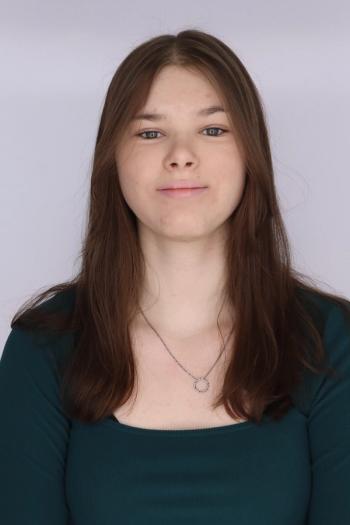
Agilent Technologies Separates Bioanalytical Business into Two Groups
Agilent Technologies (Santa Clara, California) announced the separation of its Life Science and Chemical Analysis Group into two businesses, Chemical Analysis and Life Sciences.
Agilent Technologies (Santa Clara, California) announced the separation of its Life Science and Chemical Analysis Group into two businesses, Chemical Analysis and Life Sciences. Mike McMullen has been promoted to senior vice president of Agilent and to president of the Chemical Analysis Group, and Nick Roelofs has been promoted to senior vice president of Agilent and to president of the Life Sciences Group. According to Bill Sullivan, Agilent president and CEO, “The decision to create two separate businesses within bioanalytical measurement reflects the need to serve distinct sets of customers, along with Agilent’s commitment to building a stronger presence in bioanalytical markets.” Effective November 1, 2009, Agilent will comprise three separate business groups: Electronic Measurement, Chemical Analysis, and Life Sciences.
Newsletter
Join the global community of analytical scientists who trust LCGC for insights on the latest techniques, trends, and expert solutions in chromatography.




